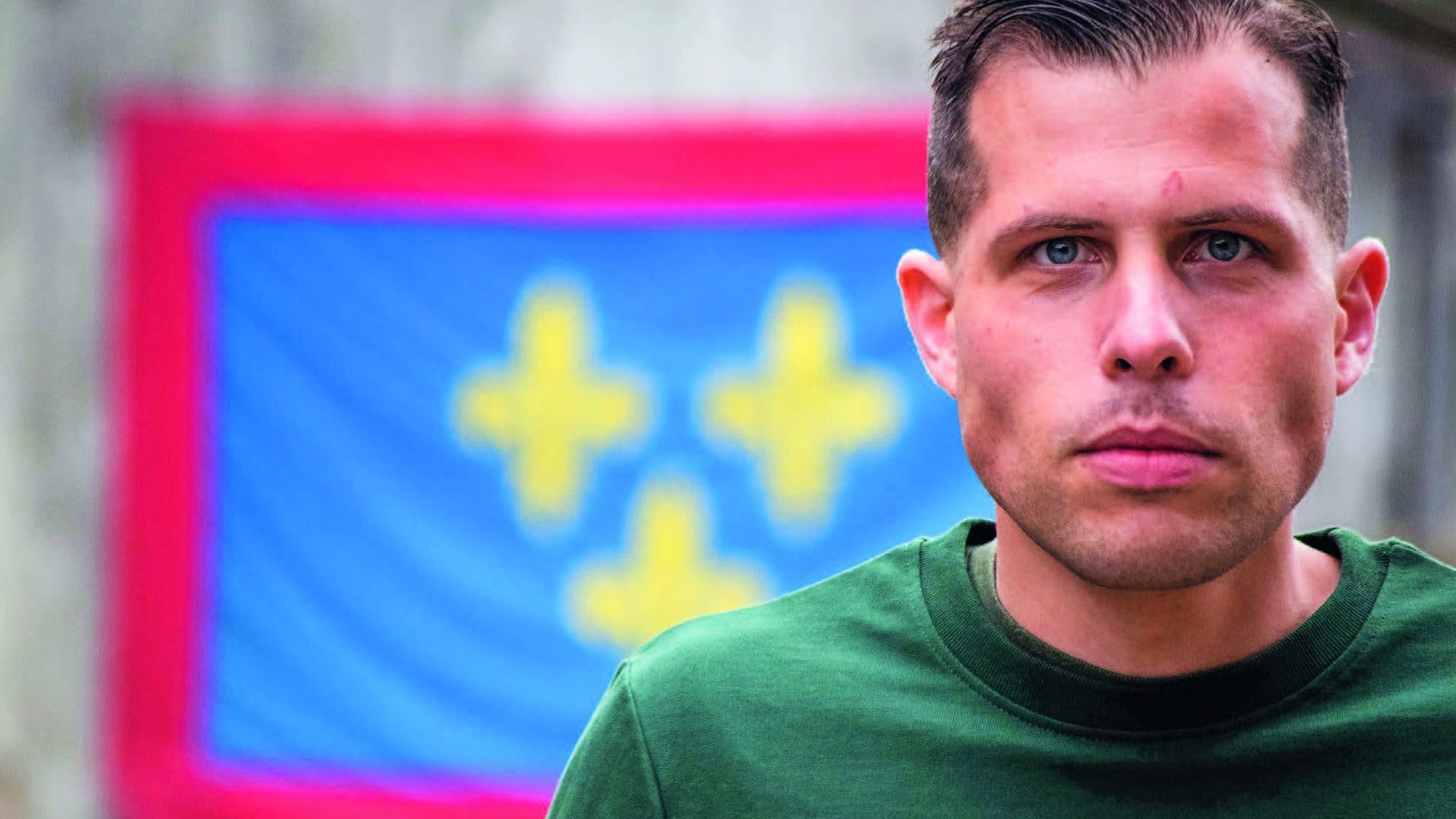
The project began in 2013, the year that the grassroots movement Manifs pour tous began. Launched by four students, the goal of Academia Christiana was both humble and ambitious: to encourage the younger generations to receive intellectual formation and to commit themselves to the common good. Many of us had been lucky either to have activist parents who could serve as role models or to have studied philosophy— which had made us aware of the need and urgency of service to others. In the face of a crumbling world, we were convinced that we could not stand by and do nothing. We had to take action.
As Christopher Lasch reminds us, “Uprootedness uproots everything, except the need for roots.” This is important and has led to a growing demand for training and formation. What’s interesting is that it is young people from working class backgrounds who grew up in the cultural vacuum of a decadent West who are often the most interested—and the most serious in their commitment. Contrary to the image we often have of a frivolous youth, many young people still aspire to greatness and depth. And in this search, they often have to turn away from those who do not take them seriously.
To my knowledge, we are the only ones addressing young people and trying to offer them something accessible, attractive, and substantive—to offer them a political education within a Christian framework. Those who were present at our first events now have their own families, which gives them a certain credibility. While the intellectual offer has been considerably enriched on the internet—notably via videos—our audience comes to us mostly to find fellowship, and to form friendships and a sense of community.
I was born into a non-practicing family, having grown up in a neighborhood of Paris with a high concentration of immigrants. I was thus not predestined to found the Academia Christiana. I converted to Catholicism at the age of 10, drifted away, and returned to the Church after a somewhat rowdy adolescence. As a twenty-year-old, I entered the seminary of the Fraternity of St. Peter, which I left after two years to resume my studies of philosophy in Paris. Now, at 32, I am the father of three children and teach French and philosophy at a school in Normandy.
The aggressiveness of contemporary ideologies is almost a religion itself. Thus, I would say the religious sense has not disappeared entirely; rather, it has metamorphosized. The true God has been replaced by new idols: health, the environment, consumerism—and the media and judges embody the new clergy.
“But where the danger is, also grows the saving power,” says Hölderlin. The enthusiasm of the generation of ’68 did not produce more children. To a large degree, the younger generations are composed of individualistic consumers for whom any form of political or associative commitment is alien. But, at the same time, there are also young people who are thirsting for roots. Unfortunately, such young people can be found in the ranks of Daesh and among the ‘woke’—but also, thankfully, at Academia Christiana.

A knight of the d’Aluye family, made ca. 1248-1267 in the Loire Valley, France, located in the Cloisters Collection of the Metropolitan Museum of Art in New York.
Academia Christiana does not really have an official position on this, but we are obviously moving towards cultural solutions—cultural combat, such as what is discussed in Rod Dreher’s The Benedict Option, the transmission of old knowledge to new generations, the search for autonomy, rootedness, and community. In this sense, David Engels’ Que faire? (What to do?) is an excellent example of the solutions that we propose to our participants. On a personal level, I believe that Europe is in a dormant stage, and that it is up to us to ‘wake up’ our peoples. Everything has to be rebuilt—and the work begins with oneself.
I am one of those who believes in the inevitable collapse of capitalist civilization. But the biggest unknown is that of time. Like Olivier Rey, I think we must find our sense of limits, if there is to be a future for Europe and for our children. The most important thing seems to me to be to find hic and nunc that which makes us truly human. It is, moreover, a simple fact of our civilization in the face of barbarism—and the way forward must be through a renewed sense of friendship, community, roots, and faith.

To learn more and register for the Academia Christiana Université d’été (22-28 August 2022), visit academiachristiana.org/inscriptionudt2022.